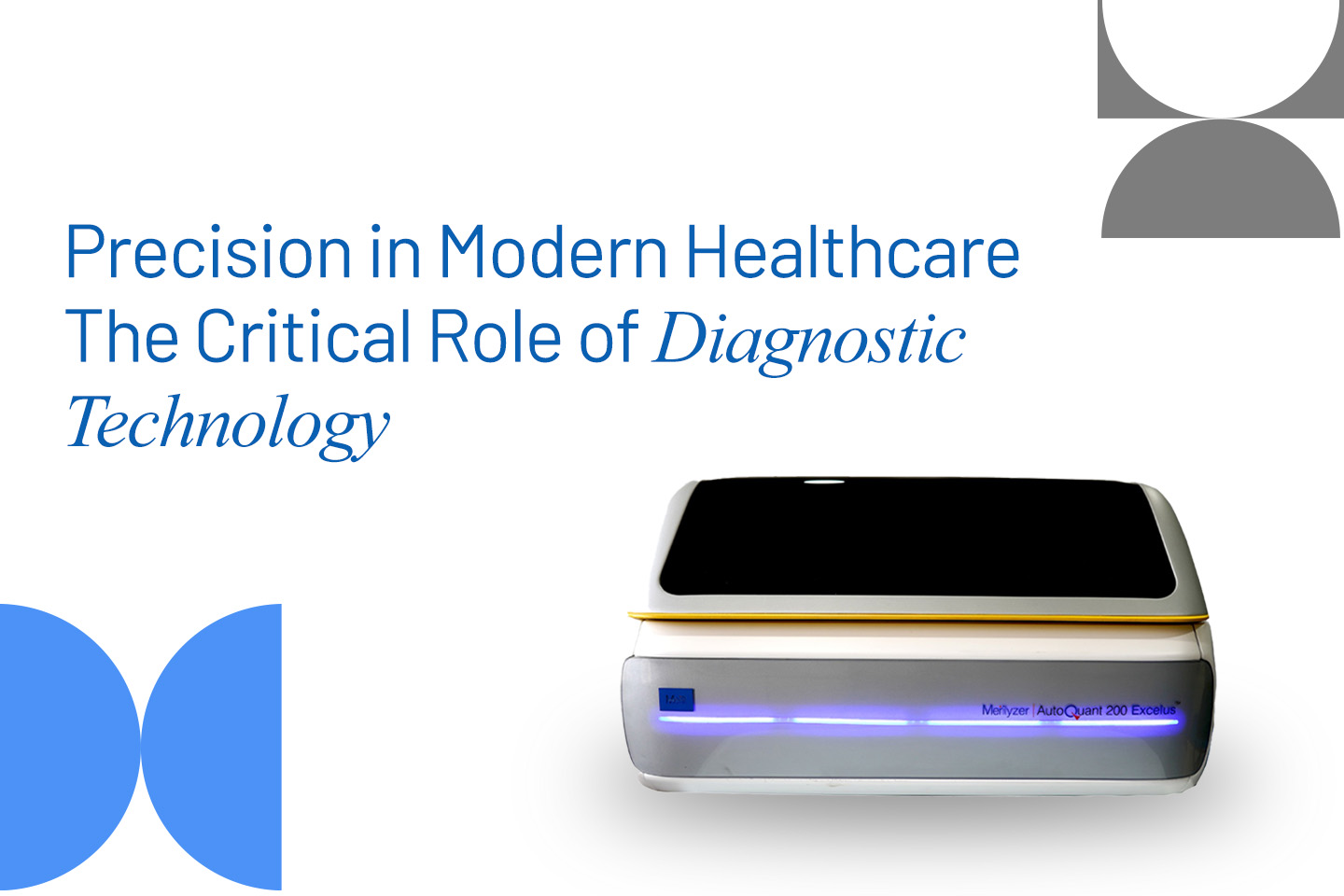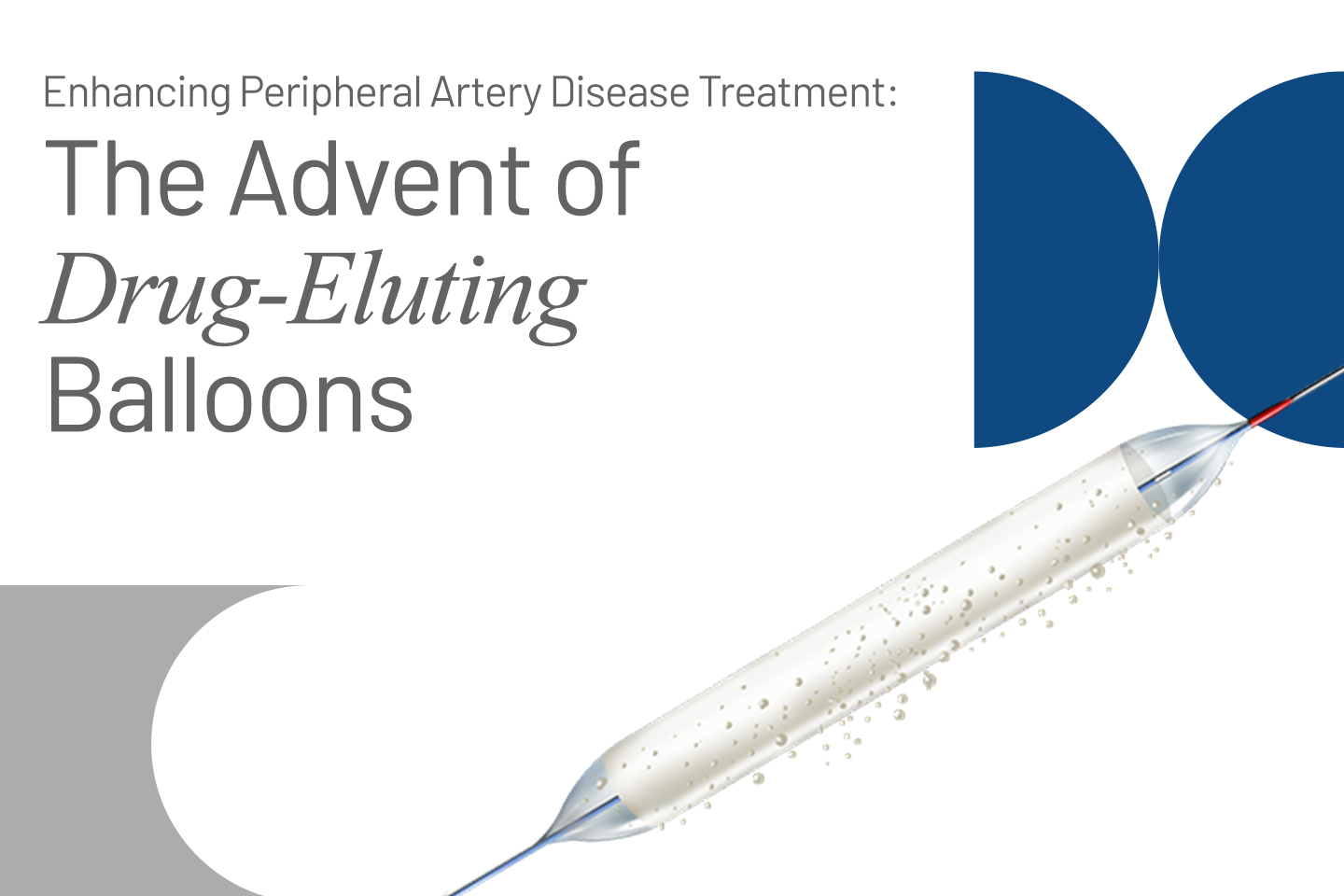In The News
MeRes100 BRS, the first bioresorbable vascular matrix to treat coronary artery disease

MeRes100 BRS - the first thin-tip sirolimus releasing bioresorbable vascular matrix - shows positive long-term safety consistent with low cardiac event rates and zero matrix stent thrombosis for patients with coronary artery disease
LONDON, July 12, 2019 / PRNewswire / - Meril's MeRes100 recently approved by the EC, used for the treatment of de novo coronary artery lesions , has demonstrated zero matrix thrombosis and a very low event rate Severe adverse cardiac 1.87% at three years, as shown in MeRes-1 and 1.61% in MeRes-1 Extend at two years.
"First-generation bio-absorbable matrices have not shown the most favorable long-term results. MeRes100, a next-generation bio-absorbable matrix, has been developed with a reduced thickness tip, an improved profile for better deliverability, faster degradation and matrix thrombosis possibly lower, "said the chief investigator of the MeRes-1 trial, Dr. Ashok Seth, president of the Fortis Escorts Heart Institute in New Delhi, India.
MeRes-1 study conducted in humans
The three-year long-term follow-up data of the first MeRes-1 study conducted in humans, published in EuroIntervention 1, demonstrated the high efficacy of MeRes100 BRS with multimodality imaging at two years, including:
Low late lumen loss (0.24 ± 0.34mm) with quantitative coronary angiography (QCA) Nearly complete strut coverage (99.24%) with optical coherence tomography (OCT) Sustained medium flow area and percentage volume obstruction very low (7.5%) with intravascular ultrasound (IVUS)
MeRes-1 Extend
The two-year data from this global study, which recruited patients from Brazil, Europe and Asia, demonstrated a relatively low late lumen loss (0.18 ± 0.31mm) with a serial QCA analysis at six months follow-up. suggests high efficacy in inhibiting NIH in late follow-up, and an area of sustained mean flow and almost complete strut coverage (97.9 ± 3.7) shown in an OCT subset analysis at six months.
"The encouraging results of MeRes100 BRS are changing the way we currently see bio-absorbable matrices," said Dr. Ashok Thakkar, director of Clinical Research at Meril Life Sciences. "We want to continue developing the clinical evidence of this next-generation technology against a drug-eluting stent in a random environment in due course."
About MeRes100 BRS
Product designed and manufactured in India by Meril Life Sciences, is a bio-absorbable vascular matrix system with a low strut thickness of 100 microns that is naturally reabsorbed into the artery within a period of 2 to 3 years , leaving the glass in its form and real nature.
About Meril Life Sciences
Founded in 2006, Meril is a global medical device company dedicated to innovating, designing and developing new, clinically relevant and cutting-edge vascular intervention devices, orthopedic implants, in-vitro diagnostics, endosurgery and ENT products.
For years, cardiovascular department has been showing various modifications to aid the increased cardiac diseases risks. As the society walks towards the modernization and sedentary lifestyles, people have shifted from freshly cooked food to frozen meals. Life is now on speed automatic gear, where people are busy making money, but have kept their health to the bottom of the jar.
This is why; the need for more innovations is required these days. #Atmanirbhar is one of the campaigns which will now empower our Indian society to come out of our comfort zones and dust off their creative minds. India has always been at its best when it comes to be creative where nobody saw it coming.
Meril has been working to equip our nation to proudly contribute towards a better future with their indigenously designed innovative products. Meres 100 is just one example of such innovative ailments in future of the Indian cardiology department.





